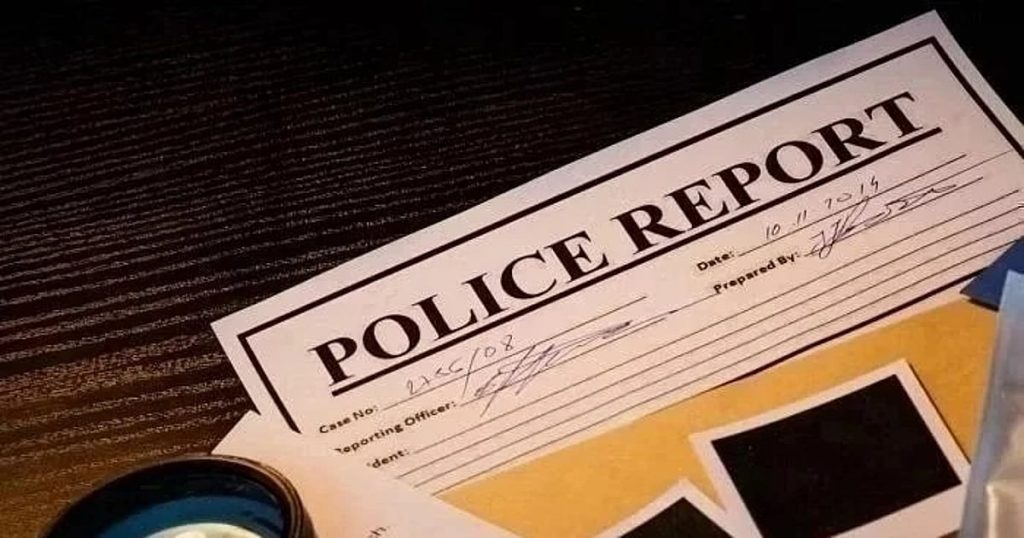Listen to the article
The misuse of social media platforms for criminal activities has once again surfaced in Puttur, where officials have uncovered a sophisticated fake document operation linked to illegal cattle transportation. Police revealed on Tuesday that suspects were creating and distributing falsified transportation permits and health certificates to facilitate unauthorized movement of cattle across district and state boundaries.
According to investigators, the scheme came to light following a series of coordinated raids in the Puttur region after intelligence reports suggested a network of individuals was exploiting digital platforms to circulate counterfeit documentation. The operation involved multiple layers of deception, with perpetrators using messaging apps to distribute templates of official documents that could be easily modified with fraudulent details.
“What makes this case particularly concerning is the systematic approach the suspects took to circumvent established regulatory frameworks,” said Deputy Superintendent of Police Mahadev Naik, who is leading the investigation. “They weren’t just creating random forgeries; they were replicating official government permits with alarming accuracy.”
The case highlights growing concerns about the intersection of technology and traditional criminal enterprises. Authorities believe the network had been operating for several months, potentially facilitating the movement of hundreds of cattle without proper health screenings or transportation permissions.
Agricultural economist Dr. Ramesh Hegde explains the broader implications: “Cattle transportation in India is strictly regulated not just for religious sensitivities but also for critical public health reasons. Animals moved without proper health certification can potentially spread diseases across regions, threatening both livestock populations and the livelihoods dependent on them.”
The economic impact of such operations extends beyond regulatory concerns. The illegal cattle trade represents a significant black market economy in parts of southern India, with estimates suggesting it could be worth several crores annually. By circumventing official channels, perpetrators avoid taxation and regulatory fees that legitimate transporters must pay.
Local cattle farmers have expressed alarm at the discovery. “Those of us who follow proper procedures incur significant costs for permits, health certificates, and appropriate transportation,” said Suresh Kumar, president of the Puttur Cattle Farmers Association. “These illegal operations undercut legitimate business while potentially compromising animal welfare standards.”
The case has also renewed debate about social media regulation in India. Platforms like WhatsApp and Telegram, with their end-to-end encryption features, have repeatedly been identified as channels for various illegal activities due to the privacy they afford users.
“The challenge for law enforcement is maintaining the delicate balance between privacy rights and preventing the misuse of these platforms,” noted cybersecurity expert Vijay Shankar. “This case exemplifies how criminals adapt to digital environments faster than regulatory frameworks can respond.”
Authorities have detained five individuals in connection with the case, though investigators believe the network extends much further. Police have seized multiple electronic devices, including laptops and smartphones allegedly used to create and distribute the fake documentation.
The Puttur case comes amid increasing scrutiny of cattle transportation across southern India. Several states have enhanced monitoring and enforcement efforts following reports of animal welfare violations and illegal cross-border movement of livestock.
Karnataka Animal Husbandry Department has announced plans to implement a QR code-based verification system for legitimate cattle transport permits, making them more difficult to falsify. Officials hope this technological solution will help address the growing sophistication of document forgery operations.
As the investigation continues, authorities have urged the public to report suspicious activity related to cattle transportation and emphasized that legitimate permits can be verified through official government channels. The case serves as a stark reminder of how traditional criminal enterprises continue to evolve alongside technological advancements, creating new challenges for law enforcement and regulatory bodies across India.
Fact Checker
Verify the accuracy of this article using The Disinformation Commission analysis and real-time sources.




8 Comments
The level of sophistication in this fake documents operation is quite alarming. Replicating official government permits to enable unauthorized cattle movement is a brazen attempt to circumvent the law.
Agreed. The coordinated raids and investigation are a good first step, but more needs to be done to shut down these illicit networks and hold the perpetrators accountable.
While the details of this particular case are disturbing, it’s encouraging to see the authorities taking a proactive approach to uncover and disrupt these illegal cattle transportation schemes. Continued vigilance is crucial.
Kudos to the investigators for their work in exposing this sophisticated fake documents operation. Cracking down on these types of illicit schemes is essential for upholding the rule of law and protecting public safety.
The misuse of social media to facilitate criminal activities is an ongoing challenge that requires a multi-pronged response. Better digital forensics, public awareness campaigns, and cross-border collaboration could all play a role in addressing this problem.
Disturbing to see how criminals are exploiting social media to facilitate illegal cattle transportation. The misuse of technology to bypass regulatory frameworks is a serious issue that authorities need to address firmly.
This case highlights the importance of robust digital security measures and closer monitoring of social media platforms to prevent the spread of counterfeit documentation. Regulators should explore ways to better safeguard official permit systems.
Absolutely. Tightening up authentication processes and increasing penalties for forgery could help deter such criminal activities in the future.